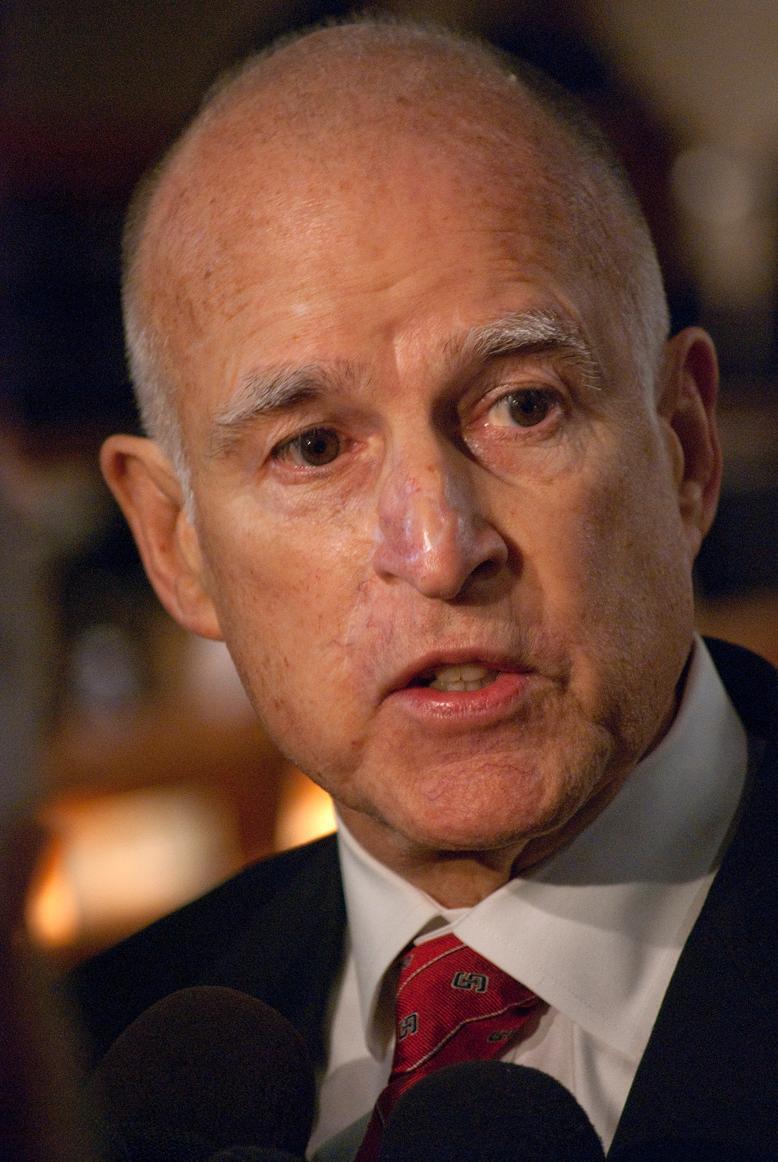The California Legislative Analyst’s Office has advised legislators to throw out key proposals in Gov. Jerry Brown’s budget proposal, including those that would boost state funding to the Cal State University system by an extra $125 million.
The non-partisan office released an analysis report on Feb. 12, saying Brown’s state funding proposals for the University of California, CSU and California Community College systems took key educational decisions out of the Legislature’s control.
“For example, the Governor defers to the [university systems] the issue of how many students California’s public higher education system will serve,” the LAO report says. “We believe this type of decision should be made through the annual state budget process.”
The report also says that Brown’s proposals would be unlikely to improve the university systems. In the report, the LAO suggested rejecting four of the proposals, including those that provide unallocated base funding increases to the university systems and those that allow the systems to restructure their debt and eliminate enrollment targets.
In its report, the LAO says the Legislature should reject Brown’s proposed unallocated base funding increases because they set no benchmarks or performance expectations for the university systems.
“Why the state would invest more in a system that is high cost and has poor outcomes without requiring explicit improvement is unclear,” the report says.
The LAO report also says that without setting performance expectations, the proposals allow university systems to pursue their own interests, such as research or administrative support, rather than broader public interests.
Brown released his multiyear budget plan in January, giving the CSU a total $250 million boost for the next fiscal year and steady increases in state support for the following four years. However, the proposal still fell far below the $371.9 million the CSU requested from the state.
Of the $250 million boost, about half stems from the CSU’s agreement with the state to roll back tuition increases. The CSU rescinded a tuition increase for the 2012-13 year, leaving a financial hole that the state would later fill with a $125 million state funding increase in 2013-14. Brown included this $125 million in his budget proposal.
However, according to Terri Carbaugh, vice president for public affairs at Cal State Long Beach, rolling back tuition cost the CSU $132 million, leaving the system with a $7 million hole on the side.
Carbaugh said portions of the $250 million boost would automatically be deferred to specific priorities within the system, such as the $132 million hole, mandatory costs and online education, which Brown pushed for in his proposals.
Subtracting these costs, the CSU is left with only $58 million in extra state funding, Carbaugh said.
“We have to remind policy makers and taxpayers that we’re doing a lot with a little money,” Carbaugh said.
The governor’s four-year plan also included a proposal to freeze tuition levels for the next four years. However, the LAO report rebukes this proposal, saying that tuition freezes in California public university systems are usually followed by “periods of high annual tuition increases.”
“While [the proposal] would help current students, it likely would increase volatility for future students,” the report says. “Given the important role of tuition in higher education budgets [and] a relatively low share of cost now borne by students and their families … we do not see a strong justification for having the state bear all higher education cost increases for the next four years.”
In response to the LAO report, Deputy Director of the Department of Finance H.D. Palmer said the governor is trying to take the brunt of college cost off students’ shoulders.
“The governor is saying that he’s providing funding for 5 percent per year growth,” Palmer said. “Fee increases are not a sustainable way to fund higher education; college students shouldn’t be the [support system].”
Carbaugh and Palmer said that although the LAO report will have some influence on the outcome of Brown’s budget proposal, the Legislature is not required to follow the recommendations outlined in the report. The Legislature will only take the report into consideration while making its decision.
According to Carbaugh, the CSU will not have a clear picture on the budget proposal’s fate until the May revise. She said the CSU and CSULB will continue working with the governor and legislature on the proposals.
“We really do want to remind people how efficient and how effective we are and that sometimes there’s a lot of national headlines about debt, [but] the CSU and specifically CSULB, we’re not the problem,” Carbaugh said.




